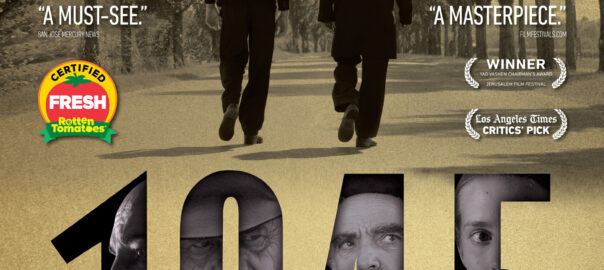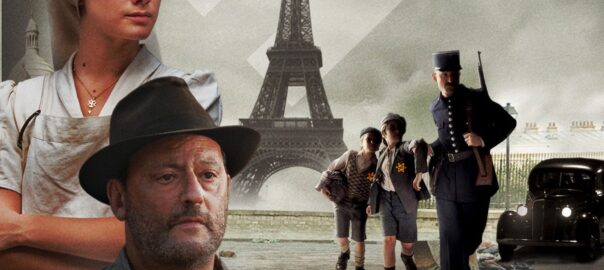On a summer day in 1945, an Orthodox man and his grown son return to a village in Hungary while the villagers prepare for the wedding of the town clerk’s son. The town clerk fears the men may be heirs of the village’s deported Jews, expecting them to demand their illegally-acquired property back. The townspeople—suspicious, remorseful, fearful, and cunning—expect the worst and behave accordingly.
Director Ferenc Török paints a complex picture of a society trying to come to terms with recent horrors they have experienced, perpetrated, or tolerated for personal gain. A superb ensemble cast, lustrous black and white cinematography, and historically detailed art direction contribute to an eloquent drama that reiterates Thomas Wolfe’s famed sentiment: you can’t go home again.


